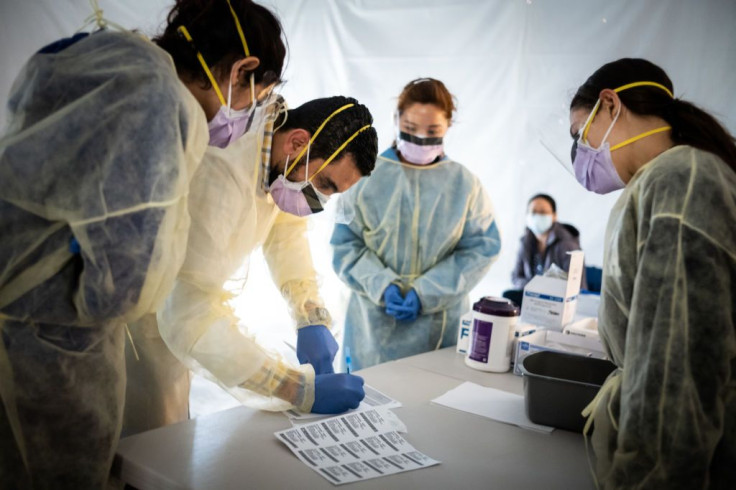A new study from Harvard Medical School reveals that healthcare workers of color are almost twice as likely to contract COVID-19 as their white colleagues. The study also reveals that they are more likely to care for COVID-19 patients and more likely to report inadequate or reused protective gear than their white counterparts.
Published in the Lancet and done with researchers from King’s College London, the study is based on data from COVID Symptom Study app users in the U.S. and the U.K. from March 24 through April 23. It shows that black and Latinx people are three times as likely to become infected with the new coronavirus as their white counterparts. It also shows that they are 50% more likely to report inadequate resources and reused PPEs.
According to senior author and Massachusetts General Hospital epidemiologist Dr. Andrew Chan, the study highlights structural racism issues in the face of the COVID-19 pandemic. “If you really think to yourself, ‘Healthcare workers should be on equal footing in the workplace,’ our study really showed that’s definitely not the case,” he said.
Lost on the Frontline, a collaborative project between Kaiser Health News (KHN) and The Guardian, also published profiles of 164 healthcare workers who died of COVID-19 and identified over 900 who contracted the disease. Based on the analysis, 62% of those who died were people of color.
A labor union revealed that one of them, black hospital supply manager Roger Liddell, died after being denied an N95 respirator when his work required him to go inside the rooms of COVID-19 patients in a Michigan hospital. Another victim, Sandra Oldfield, a Latina nurse, was also denied a protective surgical mask when she was asked to care for a COVID-19 patient in their hospital.
Dr. Utibe Essien, a physician and core investigator for the Center for Health Equity Research and Promotion in the VA Pittsburgh Healthcare System, said the findings of the study only corroborate findings of previous studies claiming that minority healthcare workers are more likely to care for COVID-19 patients in their communities with insufficient resources. “I’m not surprised by these findings, but I’m disappointed by the result,” he said.

© 2025 Latin Times. All rights reserved. Do not reproduce without permission.



